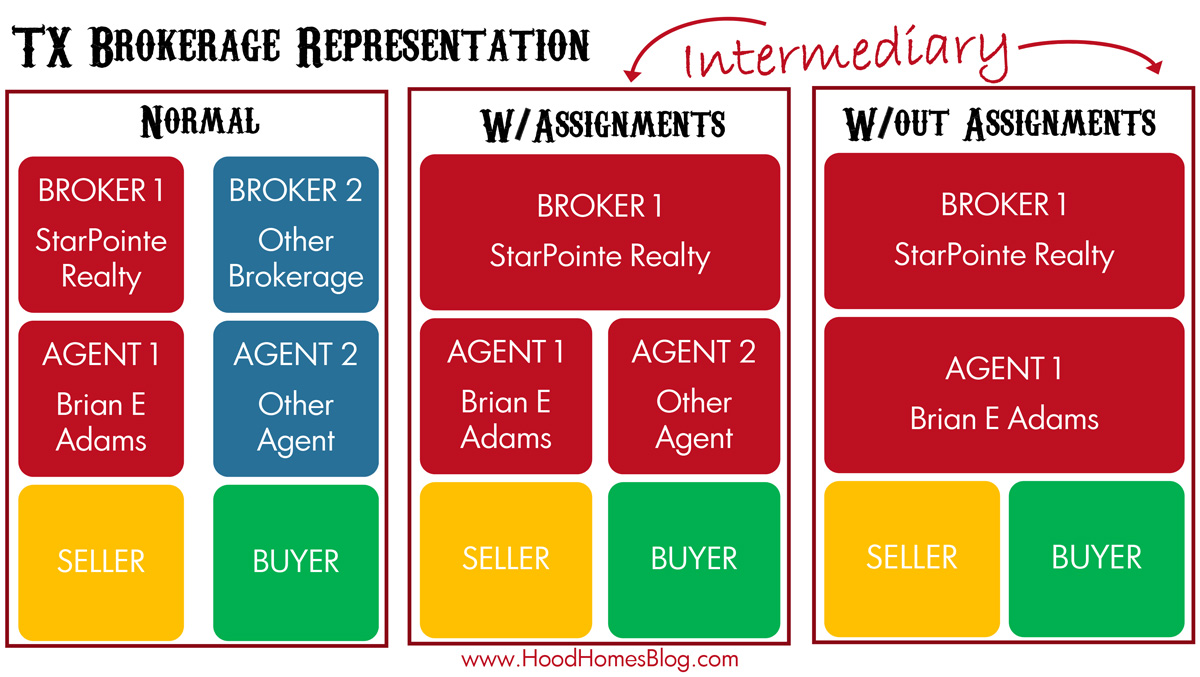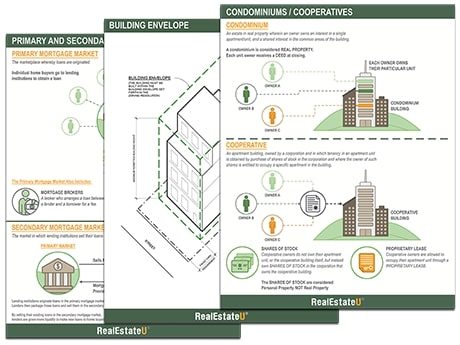
There are many options when it comes to the cost of a real estate agent. Some charge 6% or 4% while others charge 5%. Others may charge as little as 2 percent. This article will discuss some of the options. Ultimately, you will need to choose the right option for you. Here are some tips that will help you decide what price you want to pay. Here are some of the options that you have. Compare the prices of each option and make your own decision.
6%
The standard 6% commission for real estate agents is a good option if you are searching for someone to sell your home. While the standard listing agreement favors an agent, you don’t necessarily have one. You can even download a blank to check how it looks. Below are the pros and cons of using a 6% commission to list real estate properties.

A typical transaction in real estate would result in a 6% commission. This commission is split equally among the listing agent (and the buyer's agents). If a home is worth $250,000, the agent would get $7,500. Sometimes, the commission splits between the broker and agent. An average buyer's agent gets $12,000, with a 6% commission.
4%
Most sellers and buyers are happy to pay a commission of 4% to their agents. This commission is based on a pre-negotiated percentage of the selling price. 25% of the remainder is paid to the agent. Sometimes, an agent might only charge 1% of the selling cost. Although it may seem like a bargain price, this isn't always the case. Agents can charge much more to distinguish themselves from the competition.
It is important to determine the percentage of commission. A buyer's agents may get a lower percentage than an expert agent, but an agent who is newer will be paid a lower commission. Also, the commission split of a listing and buyer agent will likely to be lower than that for the former. Depending on the commission agreement between the broker and the real-estate industry, the commission for an agent could range from 4% to 6 percent.
5%
A 5% agency commission for the sale of a home is more that enough to compensate a top-producing agent. A 5% commission reduces the broker's share of the buyer's sale from 3% to 2.5%. That's $5,000 for a million-dollar transaction. But, remember that a lower Commission will mean a smaller Marketing Budget and a lower Listing Price, which will ultimately decrease your home's selling chances.

For more complicated properties, a 5% agency commission is acceptable. New York co-ops are known for being difficult to sell. A typical coop is much more difficult to market than a townhouse and requires a lengthy board application process. Listing agents leverage their board package expertise to justify a 6% agent commission rate. Brooklyn's board application process is more complicated than Queens.
FAQ
How long does it take to sell my home?
It depends on many factors including the condition and number of homes similar to yours that are currently for sale, the overall demand in your local area for homes, the housing market conditions, the local housing market, and others. It may take up to 7 days, 90 days or more depending upon these factors.
How do I eliminate termites and other pests?
Termites and other pests will eat away at your home over time. They can cause serious destruction to wooden structures like decks and furniture. To prevent this from happening, make sure to hire a professional pest control company to inspect your home regularly.
Is it better to buy or rent?
Renting is typically cheaper than buying your home. It's important to remember that you will need to cover additional costs such as utilities, repairs, maintenance, and insurance. You also have the advantage of owning a home. You will be able to have greater control over your life.
What are the cons of a fixed-rate mortgage
Fixed-rate mortgages have lower initial costs than adjustable rates. You may also lose a lot if your house is sold before the term ends.
How do I fix my roof
Roofs can leak because of wear and tear, poor maintenance, or weather problems. Roofing contractors can help with minor repairs and replacements. Contact us for further information.
What should you think about when investing in real property?
The first step is to make sure you have enough money to buy real estate. If you don't have any money saved up for this purpose, you need to borrow from a bank or other financial institution. Also, you need to make sure you don't get into debt. If you default on the loan, you won't be able to repay it.
Also, you need to be aware of how much you can invest in an investment property each month. This amount must include all expenses associated with owning the property such as mortgage payments, insurance, maintenance, and taxes.
Also, make sure that you have a safe area to invest in property. It would be best to look at properties while you are away.
Statistics
- It's possible to get approved for an FHA loan with a credit score as low as 580 and a down payment of 3.5% or a credit score as low as 500 and a 10% down payment.5 Specialty mortgage loans are loans that don't fit into the conventional or FHA loan categories. (investopedia.com)
- Based on your credit scores and other financial details, your lender offers you a 3.5% interest rate on loan. (investopedia.com)
- When it came to buying a home in 2015, experts predicted that mortgage rates would surpass five percent, yet interest rates remained below four percent. (fortunebuilders.com)
- This means that all of your housing-related expenses each month do not exceed 43% of your monthly income. (fortunebuilders.com)
- 10 years ago, homeownership was nearly 70%. (fortunebuilders.com)
External Links
How To
How to buy a mobile house
Mobile homes are houses built on wheels and towed behind one or more vehicles. They have been popular since World War II, when they were used by soldiers who had lost their homes during the war. People who live far from the city can also use mobile homes. There are many options for these houses. Some houses have small footprints, while others can house multiple families. Some are made for pets only!
There are two types main mobile homes. The first type is manufactured at factories where workers assemble them piece by piece. This takes place before the customer is delivered. You could also make your own mobile home. First, you'll need to determine the size you would like and whether it should have electricity, plumbing or a stove. You will need to make sure you have the right materials for building the house. You will need permits to build your home.
If you plan to purchase a mobile home, there are three things you should keep in mind. A larger model with more floor space is better for those who don't have garage access. A model with more living space might be a better choice if you intend to move into your new home right away. Third, you'll probably want to check the condition of the trailer itself. It could lead to problems in the future if any of the frames is damaged.
Before you decide to buy a mobile-home, it is important that you know what your budget is. It is important to compare the prices of different models and manufacturers. Also, take a look at the condition and age of the trailers. There are many financing options available from dealerships, but interest rates can vary depending on who you ask.
Instead of purchasing a mobile home, you can rent one. Renting allows you to test drive a particular model without making a commitment. However, renting isn't cheap. Renters typically pay $300 per month.